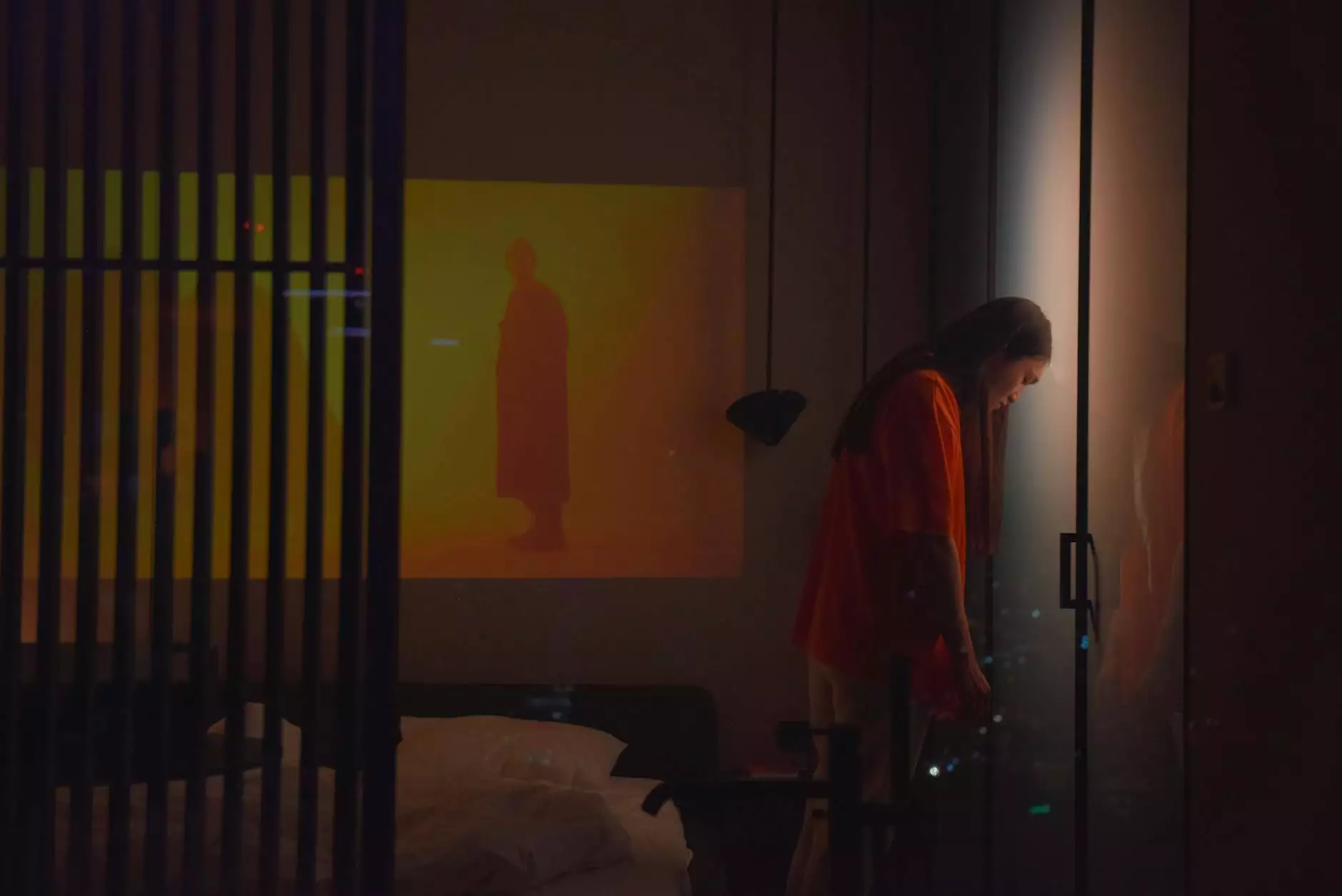The Comprehensive Guide to Finding a Cure for Restless Legs

Restless Legs Syndrome (RLS) is a condition that affects millions of people worldwide. Characterized by uncontrollable urges to move the legs, especially during periods of inactivity or during the night, RLS can significantly disrupt sleep and daily life. Understanding this condition is crucial, as it allows those affected to seek effective treatments and remedies. This article provides a deep dive into the cure for restless legs, exploring causes, symptoms, and various management strategies.
What is Restless Legs Syndrome?
Restless Legs Syndrome is a neurological disorder that creates uncomfortable sensations in the legs. These sensations often provoke an irresistible urge to move them, leading to difficulties in sleep and relaxation. RLS symptoms can range from mild to severe, and they typically worsen in the evening or night, making it challenging for individuals to rest.
Recognizing the Symptoms of RLS
Identifying Restless Legs Syndrome is the first step toward effective management. Common symptoms include:
- Uncontrollable urge to move: The primary symptom of RLS is the overwhelming need to move the legs. This urge often occurs when sitting or lying down.
- Unpleasant sensations: Many individuals report strange and often uncomfortable sensations in their legs, described as crawling, tingling, or itching.
- Symptoms worsening at night: RLS symptoms typically intensify during the evening hours, leading to disrupted sleep patterns.
- Relief through movement: Symptoms often subside temporarily upon getting up and moving, which can significantly disrupt one's ability to relax or sleep.
Understanding the Causes of Restless Legs
The exact cause of Restless Legs Syndrome is still not fully understood, though several factors may contribute to its onset:
- Genetics: RLS often runs in families, suggesting a possible genetic component.
- Iron deficiency: Low levels of iron in the brain are linked to RLS. Iron is crucial for dopamine production, a neurotransmitter involved in movement control.
- Chronic diseases: Conditions such as diabetes, Parkinson’s disease, and peripheral neuropathy have been associated with RLS.
- Pregnancy: Hormonal changes and increased blood volume during pregnancy can trigger RLS symptoms in some women.
Diagnosis of RLS: What to Expect
If you suspect you have Restless Legs Syndrome, seeking a diagnosis is essential. Typically, the diagnosis process includes:
- Medical history: Your doctor will take a detailed history of your symptoms and any family history of RLS.
- Physical examination: A thorough examination will help rule out other conditions that may cause similar symptoms.
- Sleep study: In some cases, a sleep study may be necessary to observe your leg movements during sleep.
Effective Home Remedies for RLS
Many individuals seek natural remedies before turning to medications. Here are some effective at-home strategies considered as potential cures for restless legs:
- Regular Exercise: Engaging in regular physical activity can help alleviate RLS symptoms. Aim for at least 30 minutes of moderate exercise most days of the week.
- Leg Massage: Massaging your legs can promote circulation and relieve symptoms.
- Warm baths: Taking a warm bath before bed can relax your muscles and improve sleep quality.
- Cold packs: Applying cold packs to your legs may help relieve discomfort and urge to move.
Dietary Considerations for RLS
Your diet can significantly impact the severity of RLS symptoms. Consider incorporating the following into your meals:
- Iron-rich foods: Foods such as spinach, red meat, beans, and fortified cereals can help maintain healthy iron levels.
- Magnesium and potassium: Incorporate bananas, nuts, and seeds into your diet for essential minerals that may reduce symptoms.
- Limit caffeine and alcohol: Both substances can worsen RLS symptoms. Reducing intake may improve your condition.
- Hydration: Staying hydrated is vital for overall health. Aim for adequate water intake throughout the day.
Medical Treatments for More Severe Cases of RLS
For those who do not respond to lifestyle changes or natural remedies, medical treatments may be necessary. Here are common categories of medications that healthcare providers may prescribe:
- Dopaminergic agents: Medications that increase dopamine are often effective in treating RLS. Common examples include pramipexole and ropinirole.
- Anticonvulsants: Medications such as gabapentin may help alleviate symptoms in some individuals.
- Opioids: In severe cases, low doses of opioids may be prescribed for symptom relief.
- Iron supplements: For those with iron deficiency, iron supplementation can help improve symptoms.
Understanding Lifestyle Changes for Managing RLS
In addition to dietary changes and home remedies, specific lifestyle modifications can further help manage restless legs syndrome:
- Establish a routine: Regular sleep schedules help regulate your body clock and minimize RLS symptoms.
- Proper sleep hygiene: Create a restful environment by ensuring your bedroom is dark, quiet, and cool.
- Limit screen time: Reducing exposure to screens before bedtime may enhance sleep quality.
- Stress management: Techniques such as mindfulness, yoga, and meditation can significantly reduce stress, which may help with RLS symptoms.
Conclusion: Embracing Solutions for Restless Legs Syndrome
Restless Legs Syndrome can be a challenging condition to live with, but effective management strategies exist. Whether through lifestyle modifications, dietary changes, or medication, relief is achievable. Identifying the right combination of treatments can greatly enhance your quality of life and sleep quality. If you think you may have RLS, consider contacting a healthcare professional who specializes in vascular medicine for a comprehensive evaluation and personalized advice.
Remember, just as everyone’s body is unique, so too are the solutions that work best for each individual. Seeking support, making informed choices, and staying proactive about your health are vital steps toward finding a cure for restless legs. Embrace the journey of managing this condition and reclaim restful nights and vibrant days!



